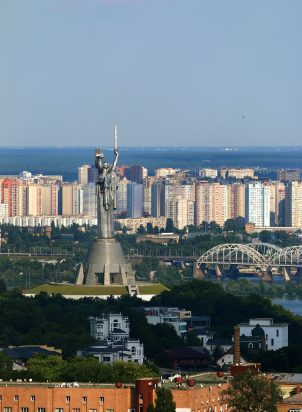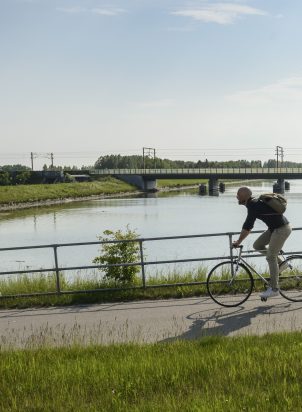Research that guides policies for a thriving, sustainable Nordic Region.
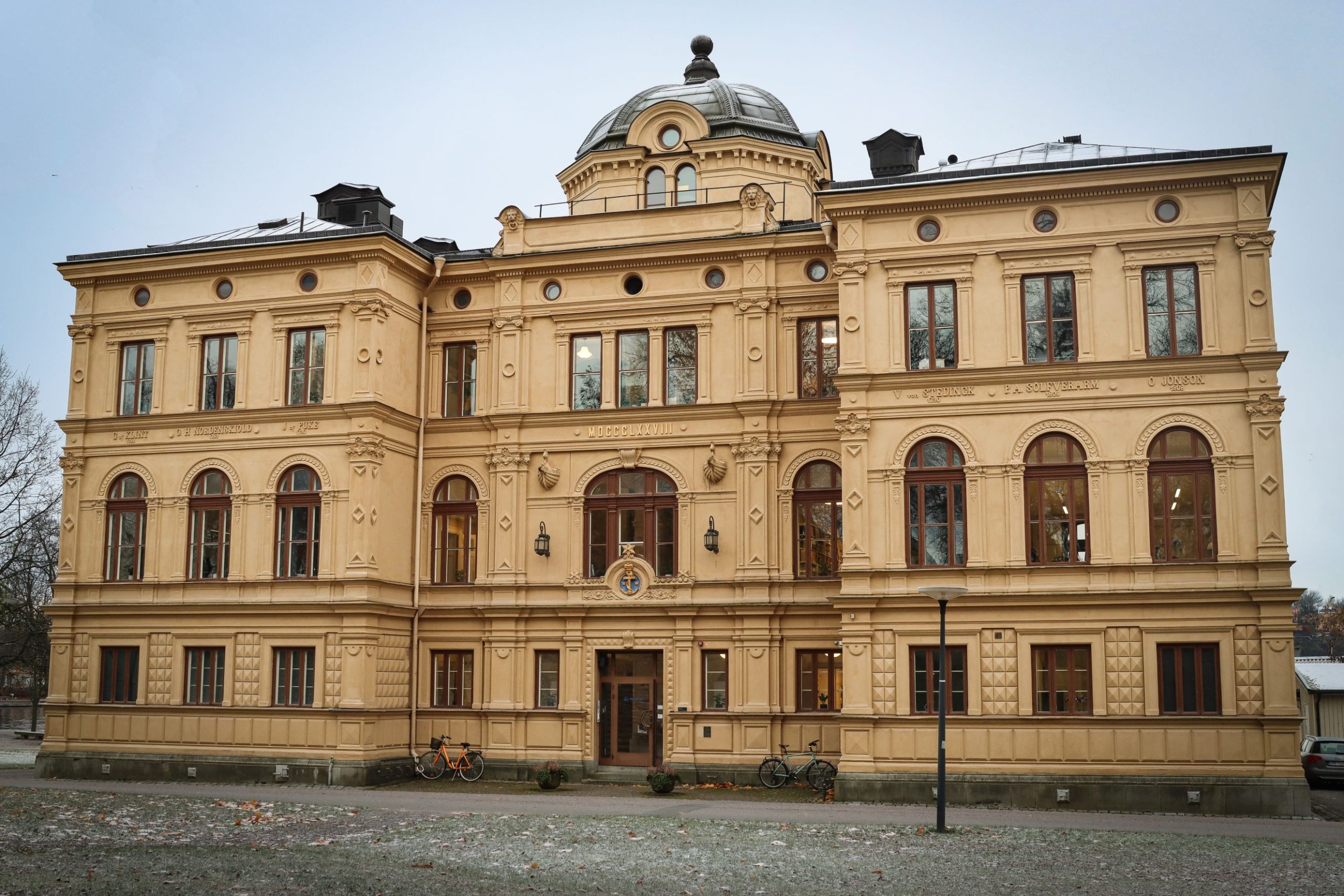
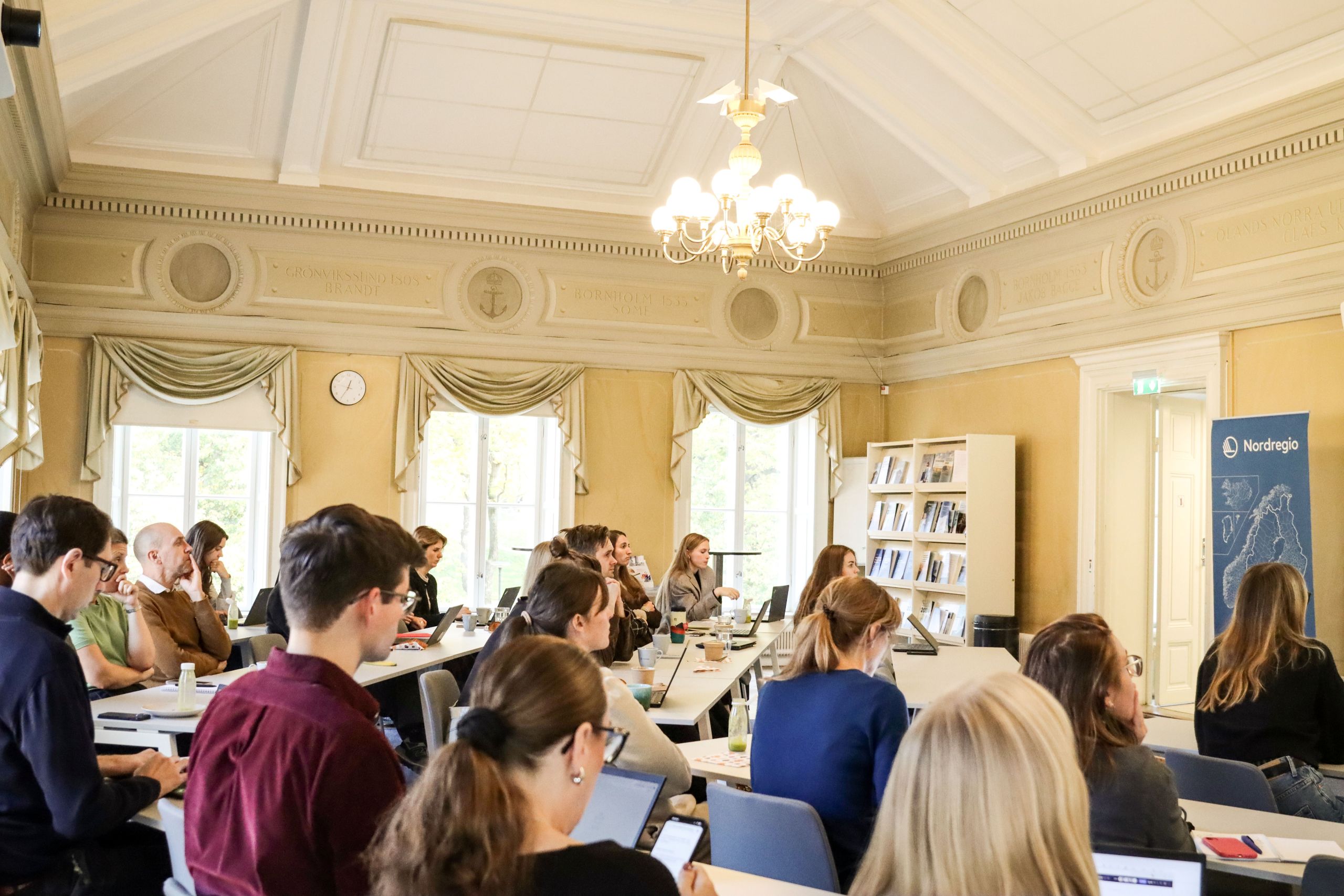


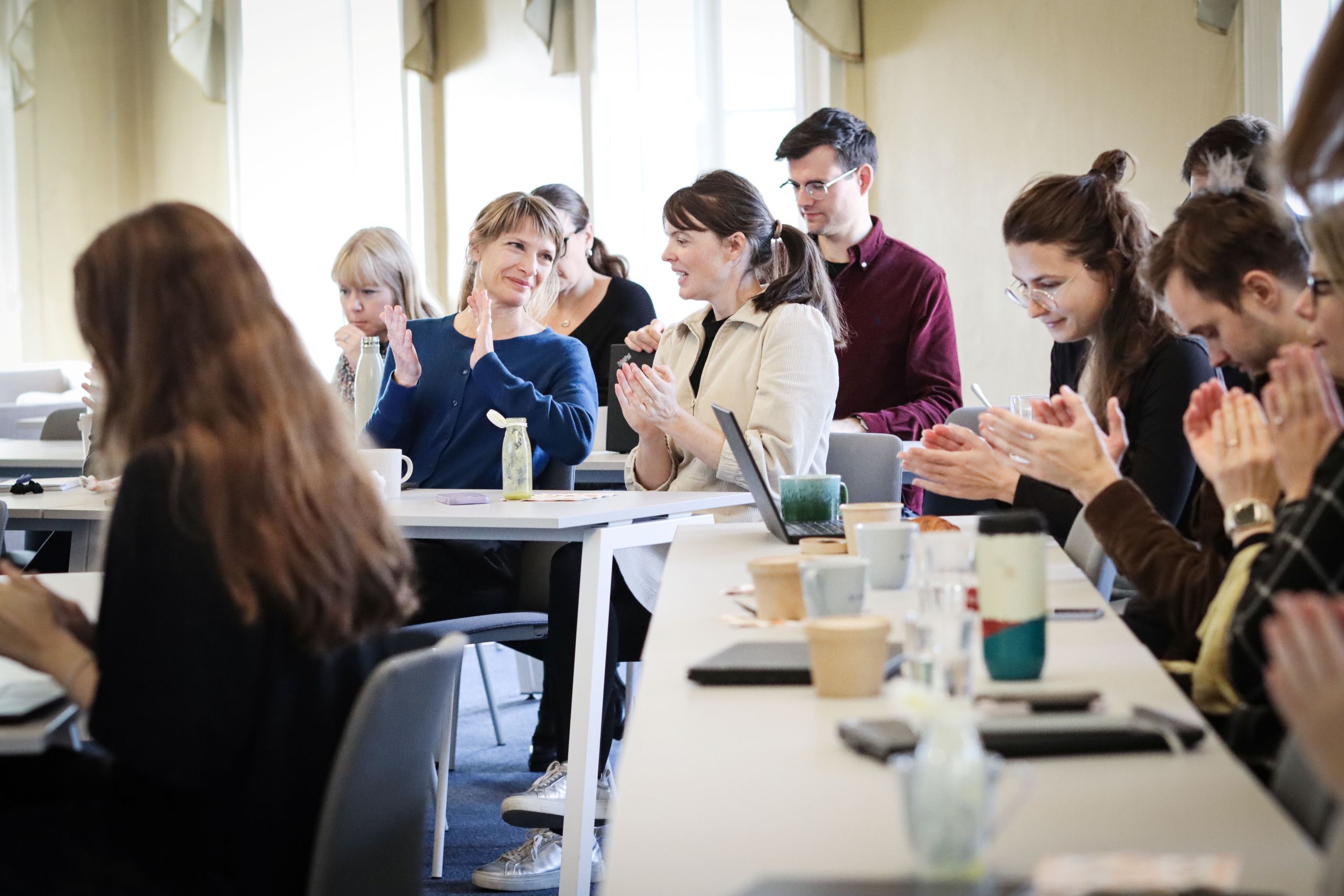











Nordregio is a leading Nordic research institute dedicated to regional development and planning. We equip policymakers and practitioners with the knowledge, tools, and insights needed to tackle societal challenges.
WHATS GOING ON
Latest from Nordregio
Explore the latest updates, research findings, and activities at Nordregio. Learn about our ongoing efforts to foster sustainability in the Nordic, Arctic and Baltic regions.
5 February, 2026
From tourism to offshore wind: Nordregio at Arctic Frontiers 2026
4 February, 2026
Strengthening Arctic resilience through North‑to‑North cooperation
2 February, 2026
Territorial resilience in a time of polycrisis: Lessons from the ESPON TERRES project
28 January, 2026
How equal are the Nordic countries – and where do gaps remain?
14 January, 2026
Building preparedness through trust, knowledge, and local leadership in the Arctic
60
Current ongoing projects
Nordic statistics
Comparable data for regional planning, policy development, and research.

”I always hear laughter in the building, which makes it a great place to work.”

Est. 1997
About Nordregio
485
Publications online
PUBLICATIONS
Dive into our latest research
Discover our most recent research and publications. Stay informed with the latest insights and findings on sustainable regional development in the Nordics.
UPCOMING EVENTS
Meet and
interact
Don’t miss our upcoming events! Network with professionals, share ideas, and participate in activities focused on regional development and sustainability.

25 March 2026
Launch: State of the Nordic Region 2026
Life at Nordregio
Do you want to contribute to Nordic added value?














